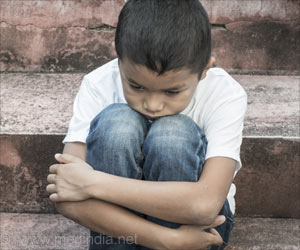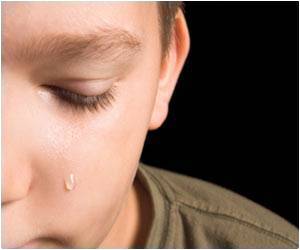- The United Nation’s International Day of Innocent Children Victims of Aggression is observed on 4th June each year.
- The day is meant to acknowledge the pain suffered by young children who fall prey to physical, mental and emotional abuse.
- Many organizations take part or launch campaigns on that day to fight against child abuse and protect the rights of children.
The Need to Protect the Rights of Children
Child abuse and atrocity is one of the most disturbing realities of our times. Young children are the most vulnerable and hence an easy target for bullies and other perpetrators of aggression and violence.
Children who are subjected to violence and abuse are at an increased risk of poor physical and psychological health, which can consequently lead to inadequate education. Child rights violation constitutes some of the most under recognized and under reported forms of violence in the world, yet it is pervasive in every strata of society.
Some appalling facts on child victimization:
- Globally, about 80-93% children suffer from some form of punishment at their homes.
- Nearly 150 million girls and 73 million boys experience some form of sexual abuse.
- More than 2 million children are murdered in conflict worldwide.
- In its 2016 report, the United Nations Assistance Mission in Afghanistan (UNAMA) documented about 11,418 civilian casualties in the Afghan war, with children accounting for about 30% of the total count. In 2017 the count is believed to have touched record numbers.
Types of Child Abuse
Sexual abuse - A child is sexually abused when they are forced to take part in sexual activities. Globally, about 1.8 million children are victims of prostitution and pornography. Every year, one million children fall prey to trafficking. Sexual abuse is never the child's fault. It is the responsibility of the adult not to engage in sexual acts with children, regardless of the child's behavior.
Emotional abuse - This is the most common type of child abuse. Children can be emotionally abused by their parents, teachers, peers, or other adults in positions of power. A child suffering emotional abuse shows signs of low self-esteem, social withdrawal and lack of social skills. Emotional abuse can have a far more long-lasting negative effect than physical or sexual abuse.
Aggression against Children in India
In a country like India, with a myriad of castes, classes, religions, races, and with the staggering rates of poverty that still pervades the country, one can only begin to imagine the extent of violence and exploitation that children suffer every day. According to a 2007 report released by the Ministry of Women and Child Development (MWCD), children between the ages of 5 and 12 are at a higher risk of neglect and abuse, with girl children suffering the worst due to Indian prejudices against them. Children are made to work as labourers, and child trfficking and prostitution remains one of the most unsettling issues in the context of child aggression.
However, nearly 83% of the violence was reported in the form of emotional abuse in the hands of parents. The home, thus, most disturbingly, remains one of the darkest places for a child in India.
Conclusion
Violence faced at a very young age scars a person for life. Children who experience abuse are nine times more likely to be involved in criminal activity. They are also more likely to be abusive in their own relationships as adults. Yet, these young people are the future of every nation. And it is during childhood, and adolescence, that an individual’s personality gets moulded for the future.
Each one of us has a duty to protect the fundamental rights of our children. Let us not steal away the childhood from the young, innocent minds who will lead the world tomorrow. We, as individuals, or along with organizations, can do our bit by taking part in campaigns to protect every single child from abuse, exploitation, and violence.
References:
- International day of innocent children victims of aggression - (http://www.acdi-cida.gc.ca/acdi-cida/acdi-cida.nsf/eng/ANN-649430-J4F)
- International Day of Innocent Children Victims of Aggression - (http://days.tigweb.org/international-day-of-innocent-children-victims-of-aggression)
- International Day of Innocent Children Victims of Aggression (4 June) - (http://www.unric.org/en/latest-un-buzz/27571-international-day-of-innocent-children-victims-of-aggression-4-june)
- The International Day Of Innocent Children Victims Of Aggression - (https://www.childhope.org.uk/about-us/childhope-news/the-international-day-of-innocent-children-victims-of-aggression/)










